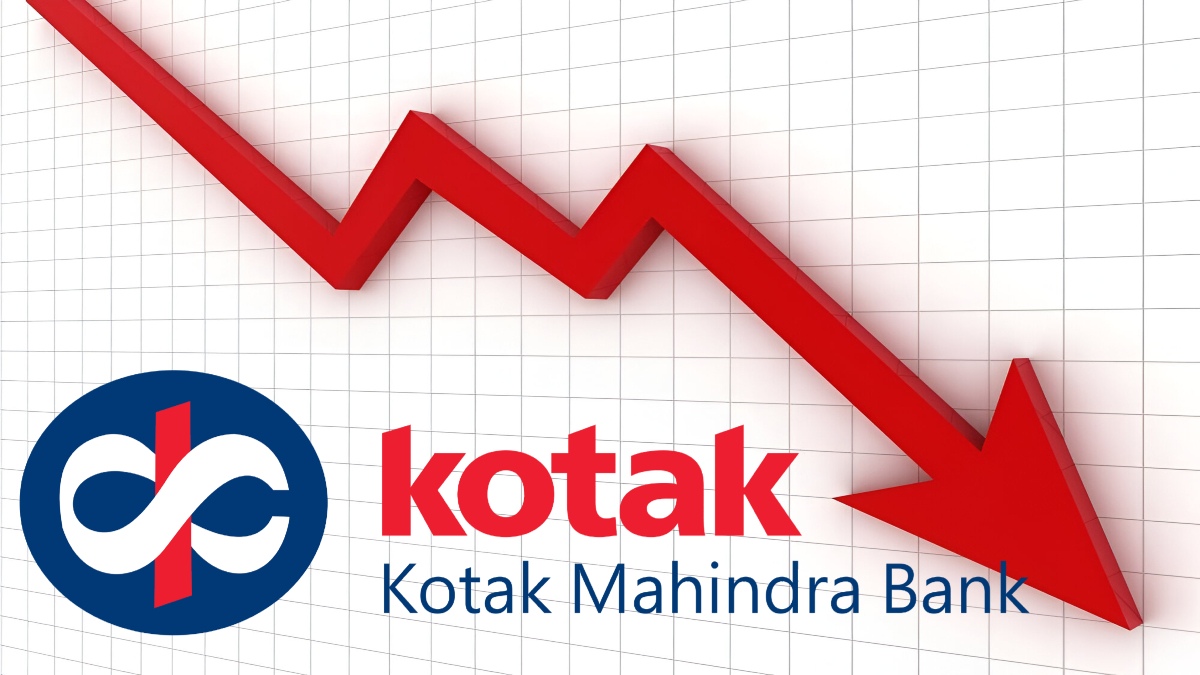Income Tax: 4 Proposals For Better Tax Dispute Resolution Mechanism
The Indian government has introduced a bill outlining the details of the Direct Tax Dispute Resolution System. The Direct Tax 'Vivad se Vishwas Bill, 2020' introduces the concept of levying less or discounted payment from a taxpayer if all conflicts are settled by the end of this fiscal year, i.e. FY 2019-20, under this scheme. "The last date for making a declaration under Vivad se Vishwas Scheme has been extended to 31 March 2021.
Taxpayers have filed declarations for the settlement of tax disputes totalling Rs. 98,328 crore until March 1, 2021. Taxpayers have paid a total of Rs 53,346 crore under the scheme as of March 1, 2021.
The Finance Bill of 2021 also proposes a range of proposals to improve the dispute resolution process, which are listed below:-

Dispute Resolution Committee (DRC)
The Finance Bill, 2021 proposes to create one or more DRCs explicitly aimed at small taxpayers with the aim of allowing them to settle their conflicts with the least amount of expense and enforcement burden possible. The DRC has the authority to limit or waive any penalty imposed by the Income Tax Act of 1961 ("the Act"), as well as grant protection from prosecution.
The Finance Bill of 2021 also gives the Central Government the authority to make a scheme for DRC conflict settlement by notifying it in the Official Gazette. By removing interfaces to the extent technologically feasible, optimising resource use, and implementing complex authority, the scheme would improve performance, openness, and accountability.

Board for Advance Rulings (BAR)
The Authority for Advance Rulings (AAR) was established by incorporating a new Chapter XIX-B into the Finance Act of 1993 in order to prevent disputes over tax liability assessments and provide tax certainty. The Finance Bill, 2021 proposes to replace the AAR with one or more BARs for granting advance rulings under the Act, in order to improve the efficiency of advance rulings.
The Finance Bill of 2021 also proposes to empower the Central Government to make a scheme by notification in the Official Gazette for the purpose of giving advance ruling by BAR to impart greater efficiency, transparency, and accountability by eliminating the interface between the Bar and the applicants to the extent technologically feasible, optimising resource use, and introducing dynamo technology.

Interim Board for Settlement ("Interim Board")
With effect from 01.02.2021, the Finance Bill 2021 proposes to abolish the Income-tax Settlement Commission (ITSC). The Interim Board, which will be established by the Central Government, will decide on the pending cases for settlement. Furthermore, the Finance Bill of 2021 proposes to allow the Central Government to make a scheme for the settlement of pending Interim Board applications by notification in the Official Gazette, in order to improve performance, transparency, and accountability.
Faceless Income-tax Appellate Tribunal (ITAT)
The Finance Bill of 2021 proposes to empower the Central Government to notify a scheme for the disposal of appeals by the ITAT in order to improve efficiency, transparency, and accountability by removing the interface between the ITAT and the parties to the appeal in the course of proceedings to the extent technologically feasible, and optimising resource use through eco-friendly measures.
































